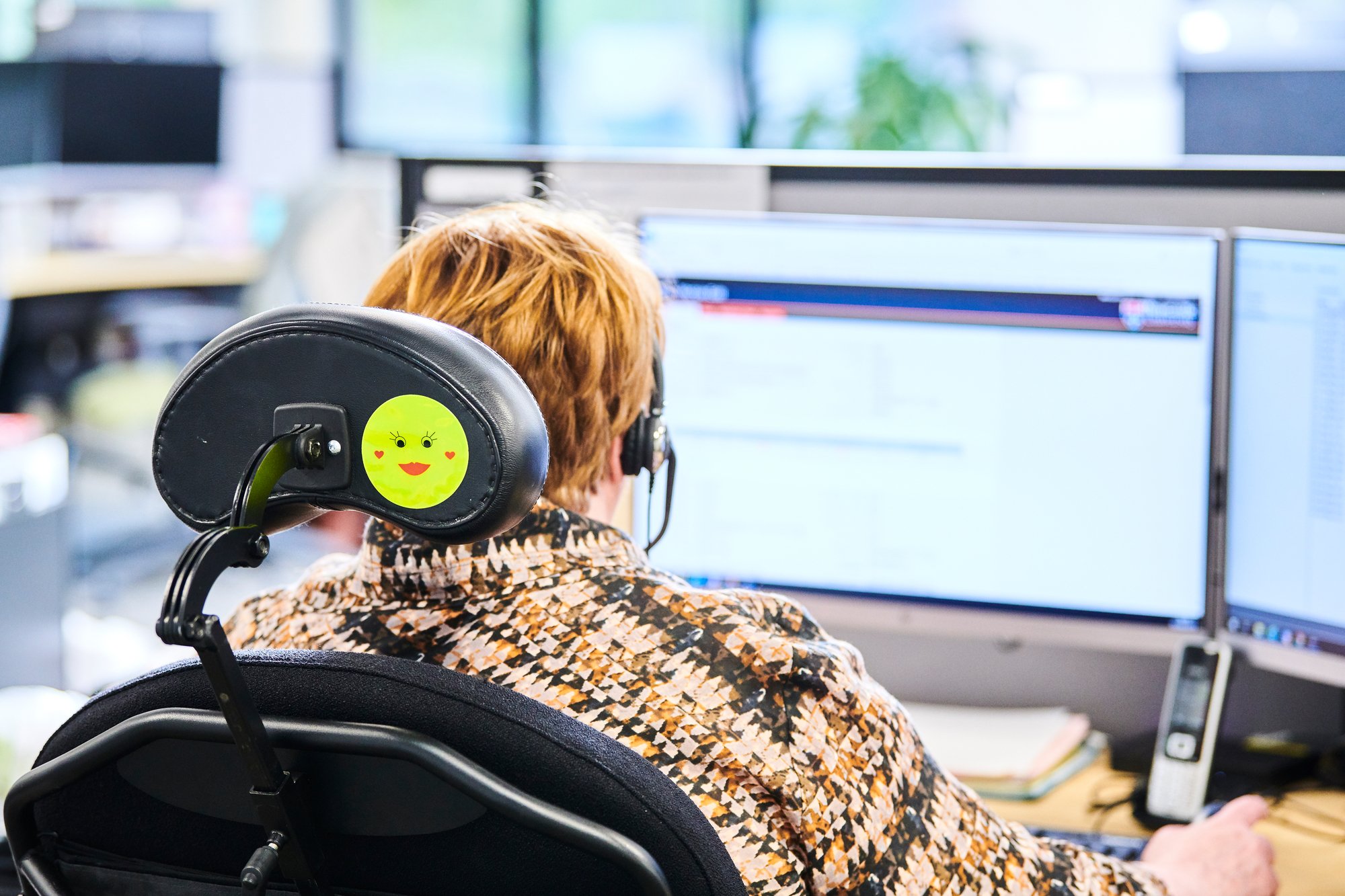-1.jpg)
UCAS Clearing can be unpredictable, but it's also a great opportunity for students to find their perfect university.
Make sure you're prepared and know what you need if you go through Clearing - it will take a lot of stress and guesswork out of the process. Read our guide to getting the most out of Clearing.
Contents:
- Who can apply through Clearing?
- What do I need for Clearing?
- What documents do I need for Clearing?
- Do I need a personal statement for Clearing?
Who can apply through Clearing?
As long as you've applied through UCAS (Universities and Colleges Admissions Service) you're eligible to use Clearing if you:
- apply after 30 June
- don't receive any university offers, or none you want to accept
- don’t meet the conditions of your offer(s)
- decline your firm place using the ‘decline my place’ function
If you're using Clearing to apply to university for the first time, you must register with UCAS and submit an application. You'll also need to pay an application fee of £28.95.
What do I need for Clearing?
1. A notepad and pen/laptop or computer
Keeping notes will be essential during Clearing as you keep track of your university research, contact details and Clearing hotlines, important pieces of information and questions you might want to ask when you speak to a Clearing adviser.
You can use a notepad and pen, a Word document on your laptop, tablet or computer, or the notes section on your phone - whatever you prefer. Ideally, you want something that's easy to access during a call.
Keep your notes simple and organised. If you're preparing notes in advance of Results Day you may even have time to colour-code them.
Clearing can be a whirlwind so the easier you make things for yourself, the better.
2. A list of Clearing courses you're interested in
Use the UCAS Course Finder to check which universities still have spaces available on their courses. You'll also find details on university websites.
If you spot a course you're interested in that still has vacancies, make a note of it alongside the university's contact details and any key bits of information you can use to showcase your interest in the course during the call.

3. A fully charged phone and a good internet connection
You can apply through Clearing via university hotlines or online chat. If you're planning on using your mobile phone and/or laptop make sure they're fully charged or have plenty of battery life. Check your internet connection, too, so that when you're looking up Clearing courses online or accessing the chat function, your connection doesn't drop out.
Taking other devices off WiFi - such as PlayStations, tablets or other mobile phones - can lighten the load on your internet bandwidth.
4. Questions to ask during your Clearing call
Wherever you choose to study, you'll be an asset to that university. You have so much to offer, and it's important to remember that when you're applying through Clearing.
You don't have to commit to the first university that offers you a space unless you're 100% sure it's the right one for you. Instead, ask lots of questions and do some digging.
Asking insightful questions also shows you have a genuine interest in the course, which will appeal to the Admissions team.
Questions to prepare beforehand could include:
- how is the course taught and what is the seminar-to-lecture ratio?
- are there any opportunities, such as Open Days, to visit the university?
- are work placements, internships or other career support offered?
- are bursaries or scholarships available?
- what support is available to students who are struggling?
- what accommodation is available?
If you're an international student, you may want to ask about the specific support available to international students. If English is not your first language, you should be mindful that advisers will want to chat to you about your academic qualifications and English proficiency.
What documents do I need for Clearing?
The documents you need for Clearing are:
- your UCAS number
- your personal Clearing number
- your A Level, AS, GCSE /or equivalent results
Have all the important information you need close by, so you can find it quickly.
If you're an international student, you’ll only have a UCAS number if you originally applied to study in the UK through UCAS. You’ll only receive a Clearing ID if you applied through UCAS but are not holding any university offers.
The ID number helps Admissions staff look up your details, but don’t worry if you don’t have this – Clearing advisers will still be able to guide you through the application process.
Do I need a personal statement for Clearing?
Many Admissions teams recommend you have your personal statement to hand for Clearing.
Though it's not essential to the process, it's a great resource to rely on during your call with a Clearing adviser. It can help you talk through what makes you want to go to university, and why you're passionate about the subject you want to study.
If you have time, why not practise what you want to say on the call? This can really help if you're feeling nervous.
Find out more:
- Get top tips about what to say on a Clearing call
- Find out what Clearing is really like from our students
- Learn more about how Clearing works

We've been voted top in the UK for student life in the WhatUni Student Choice Awards 2025 - trusted recognition from real students.